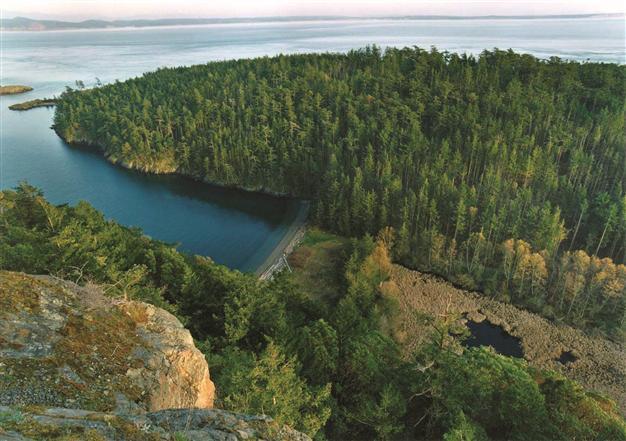Offshore accounts leak to stop repeating ‘Greek Cypriot case’
ISTANBUL

ICIJ report estimates that the individual wealth in offshore accounts worth between $21 trillion to $32 trillion.
German Finance Minister Wolfgang Schaeuble said on April 5 that he was glad the identities of thousands of holders of bank accounts in tax havens had been leaked by the Washington-based International Consortium of Investigative Journalists (ICIJ) in cooperation with some international media, because it would help do away with a business model that Greek Cyprus had shown was flawed.
The investigation that has WikiLeaks-style revelations, titled “Secrecy for Sale”, details what it calls “complex offshore structures” used by wealthy people from all over the world, including government officials and their families like the family of the president of Azerbaijan and French President Francois Hollande’s one-time campaign treasurer. The German media says these include hundreds of Germans.
The ICIJ report, that revealed on April 4, contained part of a hard drive with the details of 2.5 million digital files, a treasure trove that would ultimately yield information on 120,000 offshore companies and nearly 130,000 individuals. The ICIJ coordinated a 15-month long probe that involved 86 investigative journalists in 46 countries to compile a series of reports it began releasing around the world this week, using a strategy similar to that used by WikiLeaks when it released hundreds of thousands of diplomatic cables in 2010.
Studies have estimated that cross-border flows of global proceeds of financial crimes total between $1 trillion and $1.6 trillion a year and wealthy individuals have $21 trillion to $32 trillion in private financial wealth tucked away in offshore havens.
The minister cited the example of eurozone member Greek Cyprus, which was forced by its partners, to impose significant losses on depositors in its big banks in exchange for a 10 billion euro EU bailout. The island nation has attracted large deposits from wealthy foreigners, particularly Russians, with low taxes and loose regulations.
“In the case of Cyprus we have leverage that we don’t have with other tax havens, but when a euro member’s banks become insolvent they can’t expect other countries to make their banks solvent again,” said the minister.
Virgin Islands like ‘tax heaven’The report said international banks have “aggressively worked” to help wealthy clients use offshore banking facilities in tax havens like the British Virgin Islands.
The Guardian said three entities were set up in the British Virgin Islands in 2008 in the names of Azerbaijan President Ilham Aliyev’s daughters Arzu and Leyla. The companies list Hassan Gozal, a wealthy businessman whose company has won major contracts in Azerbaijan, as a director. None of the parties involved made any comment.
But the report is another headache for Hollande, who is reeling after Cahuzac, his former budget minister, was charged in a tax fraud probe after he admitted having a secret foreign bank account which he had repeatedly denied having. Also, Hollande’s campaign treasurer was reported to have had joint ownership of two firms registered in the Cayman Islands, a Caribbean tax haven.
Another case cited by the Guardian was the wife of Igor Shuvalov, a businessman close to President Vladimir Putin who has been first deputy prime minister since 2008, who is recorded as setting up several offshore companies. Olga Shuvalova made no comment.
